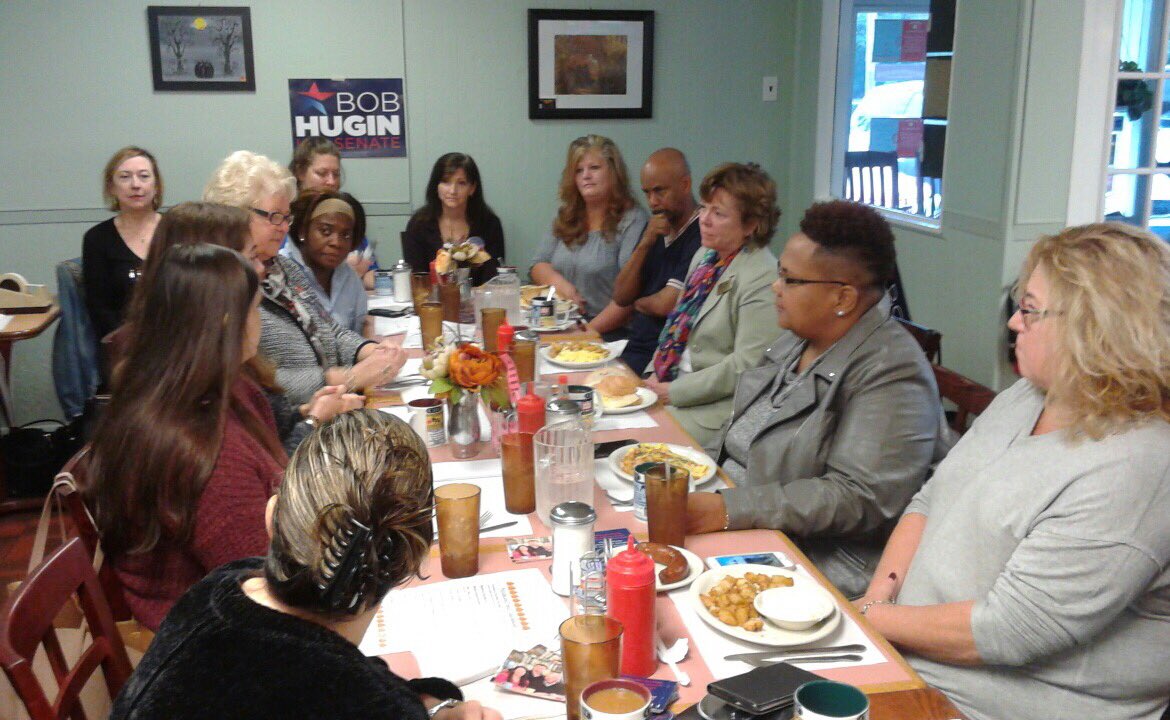

When we started looking down into the severe restrictions, or banning it entirely, we’re talking about a relatively small number of North Carolinians are for an absolute ban on abortion.

If you look across the polls, you see that a majority tend to favor, generally where North Carolina’s current law is, with some people favoring expanding it, some people being slightly on the other side of 20 weeks. McLennan: I think the top line is that more North Carolinians support abortion rights and are opposed to severely restricting abortion rights. Q: What are your broad takeaways from these polls that have been conducted over the last year or so?

He also talked about polls from political groups like Carolina Forward and Differentiators Data, and weighed in on how the bill expected to take effect soon might shape campaigns ahead of the 2024 elections. McLennan discussed the findings of the latest Meredith Poll, from February, as well as other nonpartisan polls. To make sense of the various polls out there, The News & Observer spoke with David McLennan, a professor of political science at Meredith College and director of the Meredith Poll. Lawmakers and activists on both sides of the debate have cited different polls that show different findings about the attitudes and preferences of voters. In the week since the GOP’s proposal to ban abortions after 12 weeks instead of 20 weeks cleared the General Assembly and was sent to Cooper’s desk, Republicans and Democrats have both claimed that a majority of North Carolinians is on their side when it comes to supporting or opposing restrictions contained in the new bill. Roy Cooper’s veto has been described as both “mainstream” and “extreme.” The new abortion bill expected to become law over Gov.


 0 kommentar(er)
0 kommentar(er)
